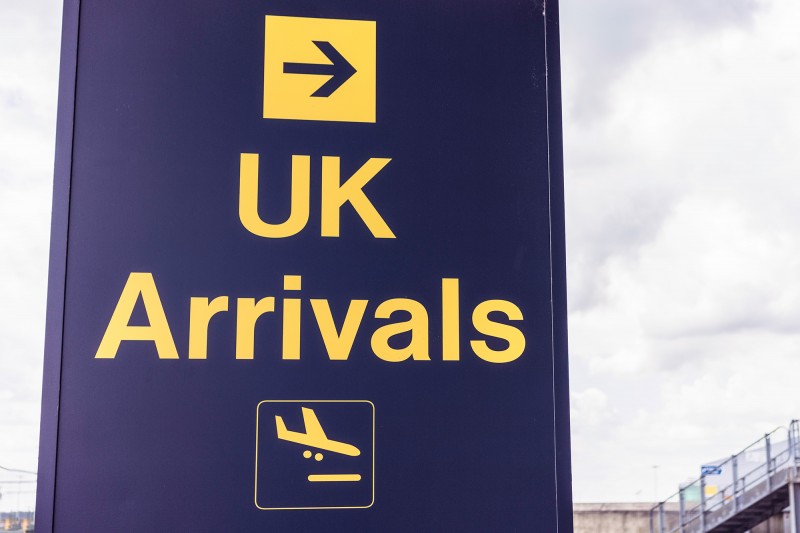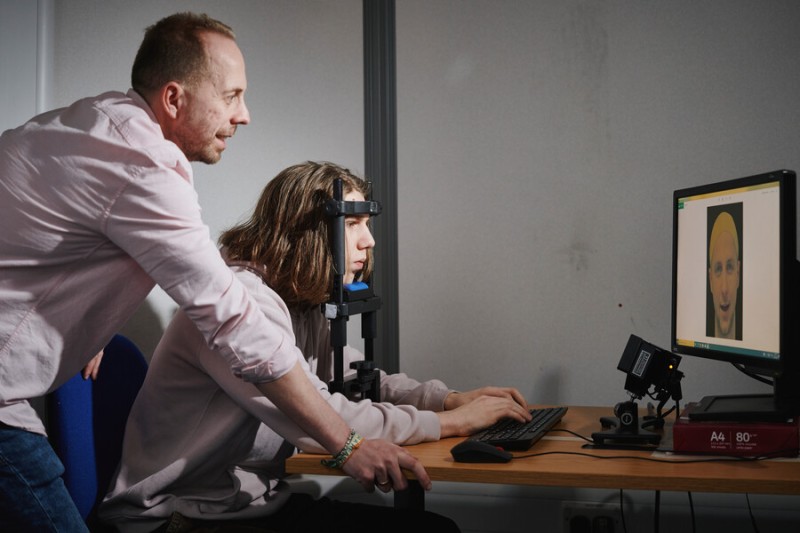Human migration is at the centre of the recent EU referendum debate and people are often very divisive in this respect.
Supporters of Brexit would argue against uncontrolled migration from the EU whereas those who would vote to stay are normally indifferent and sometimes would support referring to the economic benefit of migration. Human migration is a very delicate issue with social, economic, cultural and ethical dimensions, and it is very hard to remain indifferent, perhaps even harder for an immigrant like myself.

I prefer to approach this issue from a different angle by asking, what is the most serious social-economic problem in the UK?
In my opinion, it is the growing inequality between various segments of society by age, gender, ethnicity, location and education. How has human migration affected this inequality? Has it affected all equally? Who are the beneficiaries and who are the losers? And most importantly in which group does one belong to? Unfortunately we simply do not ask these questions and the media is not open enough so we don’t hear anyone asking these questions. You can see that the debate about migration is not as clear cut as it looks on first glance.
Often discussed are the effects of human migration on labour market, education, health and social benefit systems. Many studies have already shown that migrants in general contribute more than what they receive, and complement rather than substitute the native work force. It is perhaps true that the current level of health, education and social expenditures are unsustainable without immigrants’ monetary and non-monetary contributions. But, again, different segments of society will feel the effects differently. The effects will be asymmetric.
Another often debated issue is the effect of EU migration on the housing market. From anecdotal evidence and discussion, it appears that EU migration has an effect on the housing market, but I believe it is more on the rental rather than the sales market. Most EU migrants draw an income that is not enough to buy properties in the UK. However, migrants create pressure on the rental market which causes house rent to increase. Wealthy buyers therefore can take advantage of this as rental income and mortgage rates are almost the same.
Less discussed is the fact that immigrants contribute and receive differently by their visa/passport statuses, not by ethnicity or country of birth. For example, if you are a foreign born but have a UK or EU country passport, then you are entitled to receive all the benefits. However, if you do not have a UK or European Passport (foreign born or not), then you are not entitled to receive any public fund though must contribute through tax and visa application fees. In the labour market also, non-EU immigrants are discriminated against. The EU acts like a large cartel where immigrants outside of EU face various monetary and non-monetary barriers. Do you hear anything in the mainstream media on this?
Like it or not, human migration is at the centre of the European debate. There is a fear factor attached to it, as many prefer not to openly get involved in this debate. I believe that we need to be more open and forthcoming. Whether Britain votes for or against EU, human migration will remain an important factor, affecting Britain and elsewhere. The better we understand it, the better we can manage it for a better future for all.
My suggestion for the upcoming referendum would be to look at the issues around migration properly – the benefits and the pressure points – and make an informed decision that you think is the best for you and the society.
Dr Mehdi Chowdhury, Lecturer in Economics



